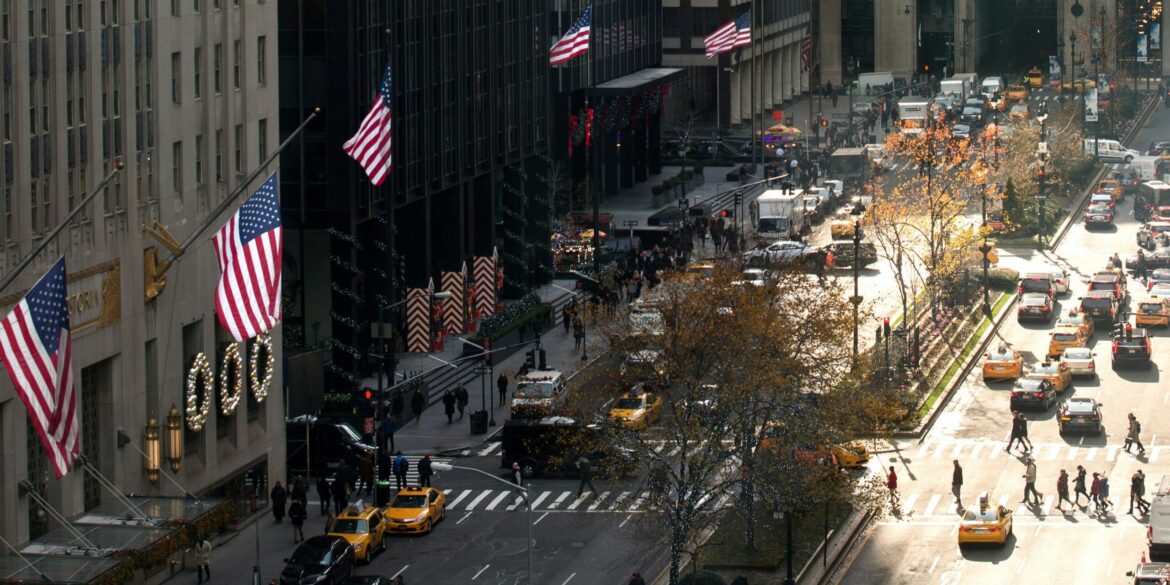Global financial markets opened the week, under the strain of significant political upheaval in two major economies—Japan and France—alongside the ongoing U.S. government shutdown. These developments have combined to create a volatile atmosphere for currency markets, where sharp fluctuations in exchange rates have been seen as traders react to the uncertainty surrounding political instability. As global investors try to gauge the potential economic fallout from these situations, they are also grappling with rising bond yields, which reflect growing concerns over inflation and the costs associated with government debt.
The political instability in Japan and France has added new layers of uncertainty to the already tense global economic environment. In Japan, political turmoil related to domestic policies and international trade relations has resulted in a lack of confidence in the government’s ability to stabilize the country’s economic position. Similarly, in France, widespread protests and growing political dissatisfaction with the current administration have led to disruptions in both domestic markets and investor sentiment. As these countries struggle with internal unrest, the effects are being felt globally, with investors nervous about the broader implications for European and Asian markets. Currency markets have experienced significant swings as traders adjust their positions in response to these risks, driving increased volatility.
Meanwhile, in the United States, the ongoing government shutdown is adding to the growing concerns over the nation’s economic future. The shutdown, which began on October 1, 2025, due to a lack of agreement on government funding, has paralyzed key federal functions and delayed the release of crucial economic data. This impasse has sparked fears that the government’s inability to function fully could undermine investor confidence in the stability of U.S. fiscal policy. While it is uncertain how long the shutdown will last, its effects are already being felt in financial markets. Traders are particularly concerned about the disruption to economic reporting, as the delay of data such as employment figures, consumer spending, and inflation statistics could hinder the decision-making process for investors and policymakers alike. Moreover, the U.S. Treasury market, a critical indicator of economic health, is also under pressure, with rising bond yields adding to the sense of economic unease.
Another significant factor contributing to the volatility in global markets is the rising price of oil. After OPEC+ failed to meet its expected output levels, oil prices surged, exacerbating concerns over inflation and the economic strain caused by higher energy costs. The inability of the oil cartel to increase production in line with expectations has led to tighter supply, which, combined with strong demand, has pushed prices higher. This has added additional pressure to global debt markets, particularly in countries that are already struggling with high levels of debt. Higher oil prices can stoke inflation, reduce consumer purchasing power, and increase the cost of production, all of which could weigh on global economic growth.
These combined pressures—political instability, rising oil prices, the U.S. government shutdown, and the uncertainty surrounding bond markets—are creating a difficult environment for global investors. Amidst these challenges, market participants are turning their attention to several key events that could provide further clarity on the state of the global economy. In the U.S., the fallout from the government shutdown continues to be a primary concern. With potential disruptions to federal labor and services, including essential economic reporting, investors are closely monitoring any updates on the resolution of the impasse. A prolonged shutdown could further destabilize market sentiment and lead to concerns over the nation’s long-term fiscal health.
In addition to the political challenges, the earnings season in the U.S. is also under close scrutiny. Major companies such as Constellation Brands, which operates in the food and beverage sector, are reporting quarterly earnings that will offer important insights into the health of the consumer economy. As many analysts look to these corporate earnings reports, they are hoping to gauge whether the ongoing economic pressures, including inflation and higher interest rates, are impacting consumer spending. With household budgets already strained by rising costs, the earnings results from key companies could provide vital information about whether the economy is slowing down or if businesses are still managing to thrive despite these challenges.
Meanwhile, in Europe and the UK, all eyes are on central bank speeches, particularly from the European Central Bank (ECB) and the Bank of England (BoE), as investors seek any signals about future monetary policy moves. Both central banks are navigating a challenging landscape marked by inflationary pressures and the need to stimulate economic growth without exacerbating price increases. As Europe and the UK are also grappling with domestic political instability, the decisions made by these central banks in the coming weeks will be crucial for shaping investor expectations. Any indications of tightening monetary policy or changes in interest rates could further influence currency markets and bond yields.
As political turmoil continues in Japan and France, the U.S. government shutdown lingers, and oil prices climb higher, the global market is under increasing pressure. With inflationary concerns on the rise and central banks facing difficult decisions, it is clear that the global economic landscape is in a period of uncertainty. The interactions between these various factors—political unrest, rising energy prices, government shutdowns, and shifting fiscal and monetary policies—are creating a complex and volatile environment for investors.
In the coming weeks, market participants will be closely watching developments in all of t hese areas, looking for signs of stability or further escalation. The outcomes of key political negotiations, central bank actions, and corporate earnings reports will play a critical role in determining the trajectory of the global economy. In this uncertain environment, it is likely that global markets will continue to experience heightened volatility as investors adjust their strategies in response to the ever-evolving mix of risks and opportunities.
Read Also: https://republicandigest.com/global-stock-market-stabilizes-amid-u-s-china-trade-agreement/

